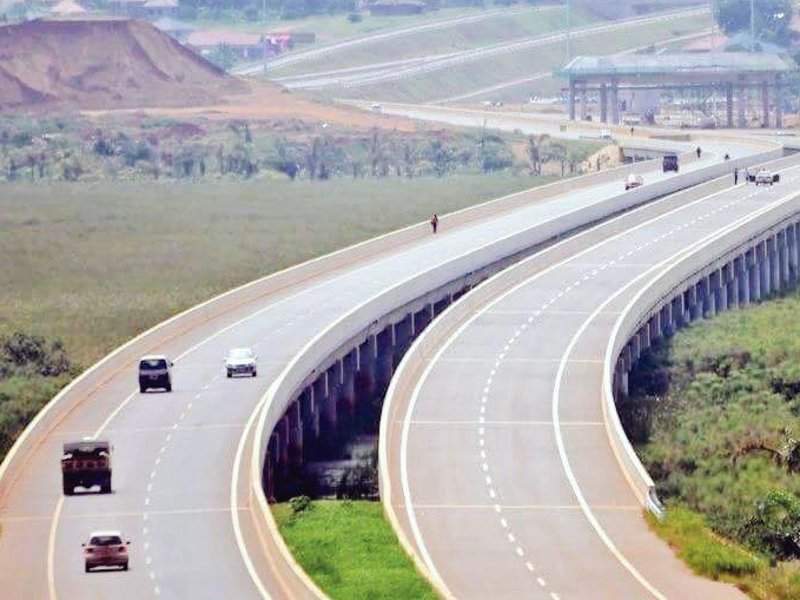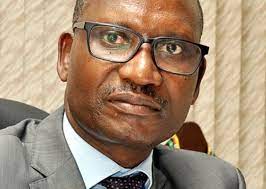TRANSPARENCY: CoST Uganda Commissions 2nd Infrastructure Transparency Index
BY PATRICK JARAMOGI
KAMPALA, Uganda |SHIFTMEDIA| Mr. Gilbert Sendugwa the Senior Regional Manager Africa CoST International and Executive Director Africa Freedom of Information Center(AFIC) has noted with concern the deplorable state of the country’s infrastructure amidst the Corona pandemic.
Sendugwa observed that the Government should adopt standards for disclosure like those of CoST Uganda and transparency-accountability cultures should be encouraged on all public agencies so as to promote trust and positive response from the public.
“COVID-19 came in when the state of disclosure especially regarding public infrastructure was still lacking. Agencies such as UNRA, Ministry of Energy were among those with less disclosure as per our latest released report,” said Sendugwa.
He noted that sectors such as the Ministry of Health, Ministry of Works and Transport, and the Ministry of Water and Environment did well regarding disclosure. “These were handy in releasing information regarding public infrastructure. Now that COVID-19 came in, it becomes so hard to audit public projects when government agencies still don’t freely release information,” he said.
He explained that the pandemic came in when most roads were in a deplorable state and worsened with the onset of the rainy season that came in with massive floods.
Sendugwa was speaking during an AFIC organized Webinar on Public Infrastructure Transparency, the role of the Media and Information that was held on Monday, May 18, 2020.

The webinar meeting discussants included Ms. Susan Kataike, the Principal Communication Officer, Ministry of Works & Transport (MOWT), who highlighted aspects of the sector, Eric Makumbi, the Commissioner Ethics and Integrity who discussed the MSG Government Perspective.
Others were Emmanuel Ainebyona, the Senior Communications Officer Ministry of Health, the sector currently handling the COVID-19 pandemic.
Andrew Kyamagero, the NTV news anchor moderated the show. While Emmanuel Mutaizibwa the veteran journalist with Nation Media Group discussed the reporting infrastructure projects.
The panel discussed issues related to how the Ministry of Health is mitigating health to the people currently spending nights in various markets, and how the Ministry of Works is addressing the abuse of stickers and vehicles with the right of way such as ambulances that have been seen abusing the rights to ferry passengers instead.
Commenting about access to information, Sendugwa said the government can work with the private sector to build platforms that could further make information available.
Emmanuel Ainebyona, the Senior Communication Officer Ministry of Health said the Ministry is undertaking infrastructure covid-19 prevention and support projects countrywide with 150 ICU beds, 55 ambulances, and ventilators.
The panel also discussed the challenges journalists face in covering infrastructures, such as lack of project information, lack of sources, and funds for investigating infrastructure stories as well as lack of journalists who are specialists in infrastructure reporting.
This comes at a time when civil society in Uganda is demanding transparency regarding the spending of the Covid-19 loans. Uganda has in recent months borrowed millions of dollars from agencies such as International Monetary Fund (IMF), the European Union, and World Bank as they continued to loosen their lending to aid the developing nations to address the coronavirus pandemic.
By the start of May, Uganda had received $600 million (Ugx2.3) trillion from various lenders to deal with Covid-19, The latest batch was $491.5 million loan from IMF.
Official figures put Uganda’s current debt at Ugx11.8 trillion, which represents 38 % of the country’s’ GDP, though the civil society disputes this figure indicating a rather higher figure of Ugx14.3 trillion.
Uganda’s debt stock grew from Ugx46.36 trillion at the end of June 2019 to Ugx48.91 trillion at the end of December 2019. Out of this, Ugx31.53 trillion (64%) was external debt, while Ugx17.38 trillion was domestic debt.








